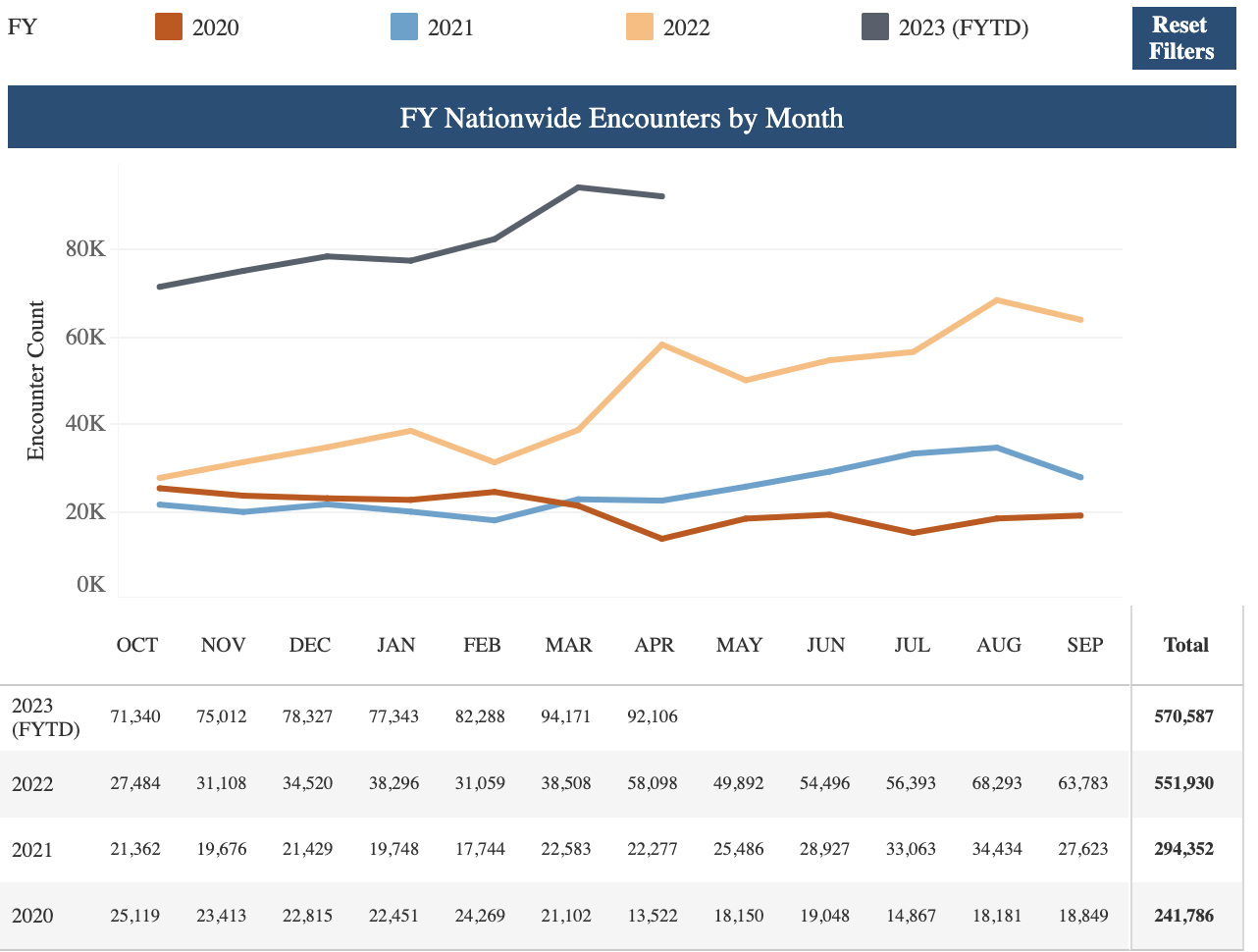Amended Complaint Gives Plaintiff a Do-Over, Not the Defendant | Irwin IP LLP
Power Probe Grp., Inc. v. Innova Electronics Corp., 21-cv-00332 (D. Nev. Apr. 27, 2023)
While it is accepted that filing an amended complaint supersedes the original complaint rendering it without legal effect, a defendant may waive certain defenses by not raising them as to the original complaint. The District Court of Nevada is the latest court to find that a defendant may assert a new Rule 12(b) defense against an amended complaint only where the defendant challenges “new matter”.
Here, Innova Electronics Corp. (“Innova”) moved to dismiss Power Probe Group’s (“Power Probe”) first amended complaint for patent infringement. Power Probe amended its complaint, adding willful infringement and infringement under doctrine of equivalents claims. In opposition, Power Probe argued because Innova did not move to dismiss the original complaint, it cannot move to dismiss a nearly identical amended one. In response, Innova argued that the original complaint was “wiped out” where its motion to dismiss was timely because it was made before a responsive pleading to the amended complaint was filed.
The Court disagreed. Noting the Ninth Circuit had not previously weighed in on this issue, the Court first looked to other in-circuit district courts[JK1] [TM2] , then two district courts outside the Ninth Circuit, that did not allow a defendant to file a 12(b)(6) motion against an amended complaint for claims asserted in the original complaint. These cases held allowing a defendant to do so weighed against judicial economy and undermined requirements of the federal rules. The Court then rejected Innova’s argument that its motion to dismiss was timely as made before any responsive pleading to the amended complaint. As the amended complaint was “almost an exact replica” of the original, Innova could have asserted a 12(b) motion against those claims but instead answered. The Court explained adopting Innova’s 12(b) interpretation to allow a motion to dismiss an amended complaint targeting original claims after the original answer “would render the 12(b) restriction on post-answer motions meaningless.” Adopting the reasoning set forth in other similar cases, the Court denied Innova’s motion to dismiss any allegation that was also present in the original complaint. That is, the Court would only consider Innova’s motion to dismiss with respect to the new allegations added to the amended complaint, which related to willful infringement and infringement under the doctrine of equivalents. The Court then denied Innova’s motion with respect to those two issues.
This case provides a reminder to carefully weigh how to respond to an original complaint, including whether to file a motion to dismiss under 12(b). Many courts will only allow a new motion to dismiss against an amended complaint to the extent it is directed at “new matter” in the amended complaint. Left unanswered by these decisions is whether these courts would allow a motion to dismiss against an amended complaint with the same claims as the original complaint, but with additional supporting allegations. Thus, while it is not unusual for a plaintiff to amend a complaint to modify its allegations, a defendant may only get one chance to dismiss allegations under 12(b). So, if a defendant does not move with respect to the original complaint, it may have waived its ability to move to dismiss those claims later.
Photo via Adobe Stock #213119758





